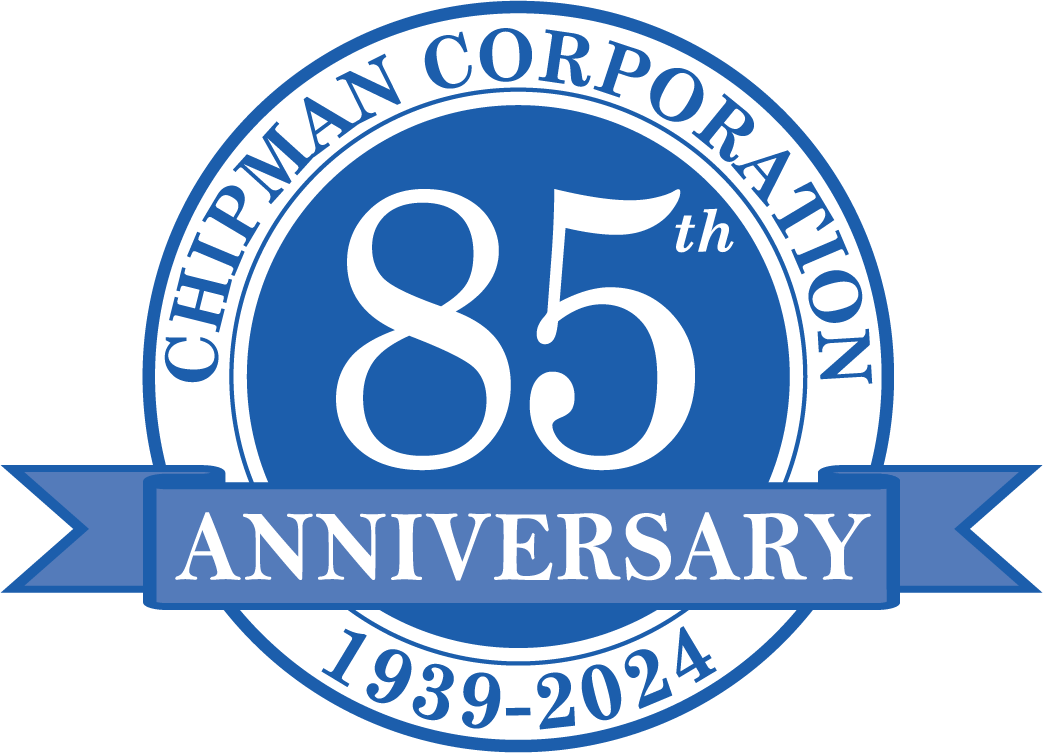Our team is standing by to assist you with a free move quote, help you through the process, or answer questions that you may have.
Request A Quote »
Many companies today turn to LTL freight carriers to help streamline operations and reduce shipping costs. But unless you go through a freight broker, how do you know how to select the best LTL carrier for your shipping needs?
Virtually anyone with a truck and trailer can transport freight, but choosing a cheap, unauthorized carrier without proper insurance could result in costly expenses including damaged or lost/stolen shipments, late or non-delivery, and/or overcharges. Therefore, you need to do a little research. The time you spend checking out carriers will be minimal, and afterward you can feel confident the one you select is more likely to provide the cost-effective, professional shipping services you need when you need them.
What You Want From an LTL Carrier
When selecting an LTL freight carrier, you want a company you can rely on to pick up and delivery your shipments on time, in full, with no shortages or damages. You want professional customer service and competitive pricing. When selecting the right carrier, you can expect it.
Below are a few things to consider that will help you select the right freight carrier for your shipping needs.
Verify LTL Freight Carriers are FMCSA Compliant
The first thing you will want to do before contracting with an LTL freight carrier is verify legal compliance. Authorization by the US Department of Transportation (USDOT) is required before freight carriers can transport goods for hire. The USDOT's Federal Motor Carrier Safety Administration (FMCSA) ensures carriers meet regulatory standards and carry the minimum amount of insurance required. The carrier should have a USDOT and an MC number (operating authority).
You can verify a freight carrier's compliance through the FMCSA's Safety and Fitness Electronic Records (SAFER) System online. Simply enter the carrier's USDOT, MC/MX number or company name in the box provided and click ‘Search.” If a record is available, it should show the company is authorized for hire, the type of cargo the carrier can transport, whether transportation is permitted interstate or intrastate, plus inspection and crash data. If your shipment includes hazardous materials (HM), verify the carrier is authorized to transport it. After reviewing the data, click at the top right under “Other Information for this Carrier” to see licensing and insurance information.
A licensed and insured LTL carrier in compliance with FMCSA regulations indicates the carrier is professional and reliable. If the carrier is not, look for a different one.
Rely on Companies with Industry Experience
Companies in business for a long period of time have learned through the years how to transport shipments safely and efficiently. They consistently meet deadlines and are experts at cost-effective transportation. They know how to train their staff, and have the equipment and resources to do a job right as quickly as possible. They provide quality services with professional customer service. Otherwise, they would not last in the business.
When choosing an LTL freight carrier, consider the company's history as well as their other clients. You can also ask for references.
Can You Track Your Shipments?
The LTL freight carrier you select should be able to keep you informed on where your freight is at all times. Ask about shipping status updates and online tracking.
Do You Need Warehousing & other Logistics Services?
Your company may need an LTL freight carrier to pick up shipments, a warehouse to store goods and merchandise after pickup, a crew to pick and pack, and then a carrier to provide final delivery services as scheduled. Some LTL freight carriers such as Chipman Relocations can provide all of these logistics services and manage them efficiently.
Whether you ship regionally or across the country, Chipman can provide the quality logistics services your company needs at a competitive price. Contact us today to learn more.

